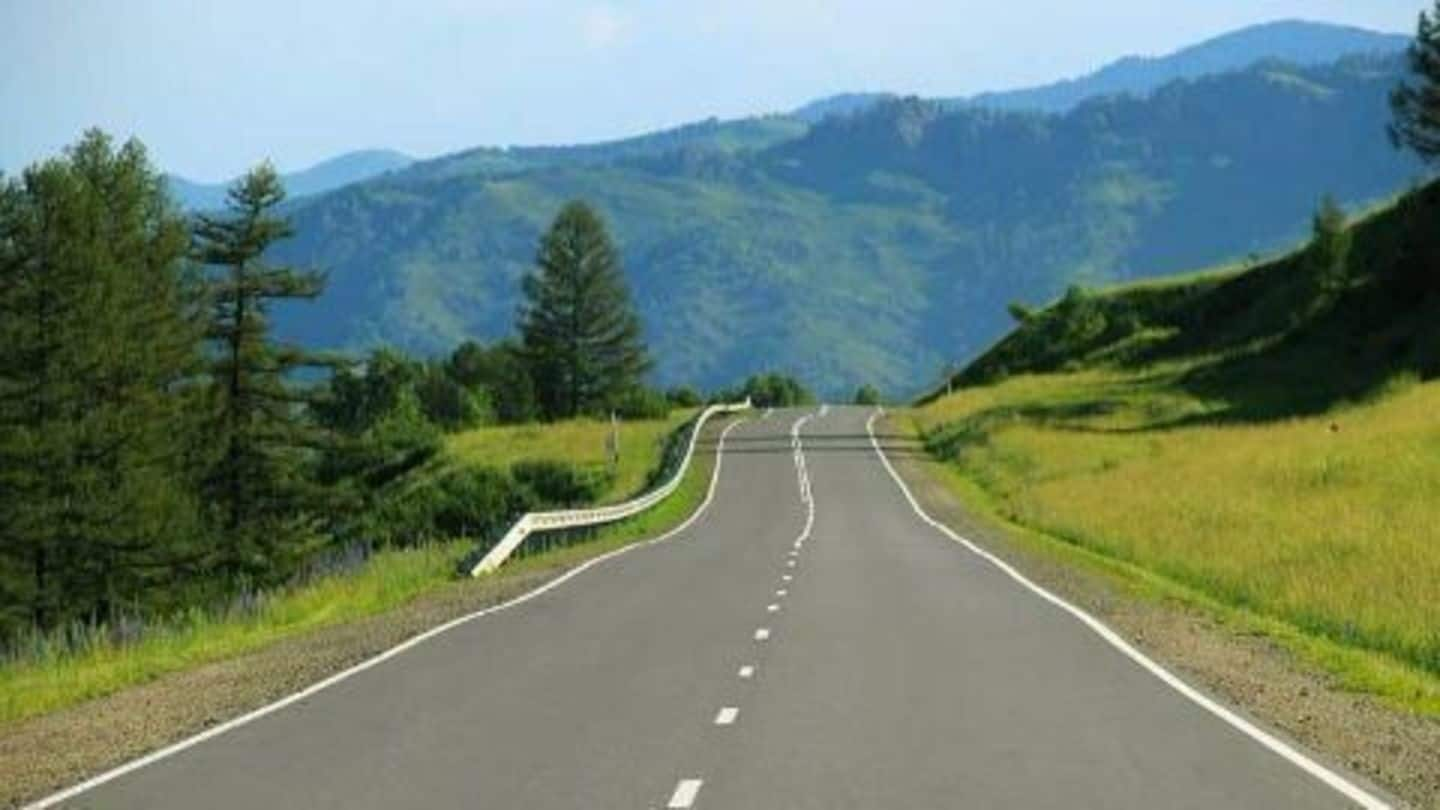
7,500 km of highway projects at risk
What's the story
A report by Crisil titled "No smooth ride" has said that around 7,500 km of highway projects- 5,100 km under construction and 2,400 km operational, awarded on a build, operate, transfer (BOT) basis are at high risk. 53% of under construction projects are at risk of not being completed because of delays in land acquisition and clearances and weak wherewithal of sponsors.
PPP
PPP Models
Public–Private Partnership Models (PPP) include: Build–Operate–Transfer (BOT) models with a user-fee approach (toll); Annuity-based BOT models; Performance-based Maintenance contracts; and Modified Design–Build (Turnkey) contracts. Annuity and toll are two forms of BOT projects, based on which National Highway Authority of India executes highway projects. Toll-based BOT projects has been the prominent mode of PPP, followed by the annuity model.
Information
First PPP road project
Public-Private-Partnership model started in mid 1993 with the project of Rau Pithampur road in Madhya Pradesh. It was the first toll road in India, initiating the evolution of private sector financing for infrastructure in the country.
BOT
What are BOT projects?
Build Operate Transfer - BOT is a form of project financing, wherein a private entity receives a concession from a third party (e.g., the public administration) to finance, design, construct, and operate a facility stated in the concession contract. At the end of the concession agreement period, the facility gets transferred to the public administration. BOT finds extensive application in infrastructure projects and public-private-partnership.
MCA
Model Concession Agreement for highways
Model concession agreement (MCA) is the contract that sets terms of execution of a project and is signed between the concessionaire and the government, and in case of highways the National Highways Authority of India (NHAI). MCA addresses the issues like mitigation and unbundling of risks, reduction of transaction costs, termination etc. It provides framework for commercialising highways in a planned and phased manner.
Information
What is CRISIL?
CRISIL is a global analytical company providing ratings, research,and risk and policy advisory services. CRISIL is the Indian subsidiary of global rating agency, Standard and Poor's.
Report
Findings of the CRISIL report
CRISIL report found that 37% of BOT projects (3,520 km), are in 'high implementation risk' category. High implementation risk means that less than 70% of the project is completed. Further, about 2,400 km, or 40% of the total operational BOT highways, are not in a position to service their debt on their own due to lower-than-estimated traffic and resultant toll collections.
7 Oct 2015
CRISIL acknowledges Government reforms to develop highways
Acknowledging the reform measures initiated by the government as a boost for highways sector, CRISIL said that the new policy allowing developers to exit projects following their completion, in particular will help highway projects and their developers. CRISIL added that steps taken towards ensuring right of way and clearances prior to project award, etc. will help straighten out the future of highway sector.